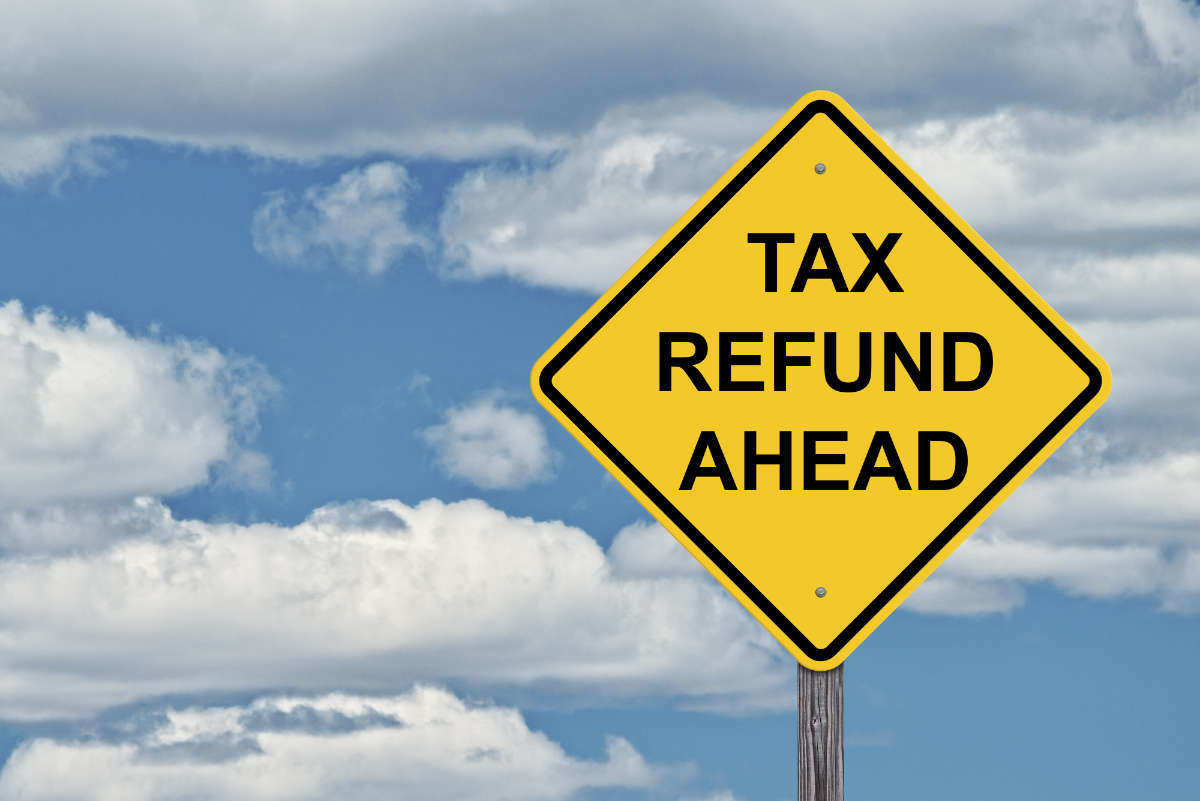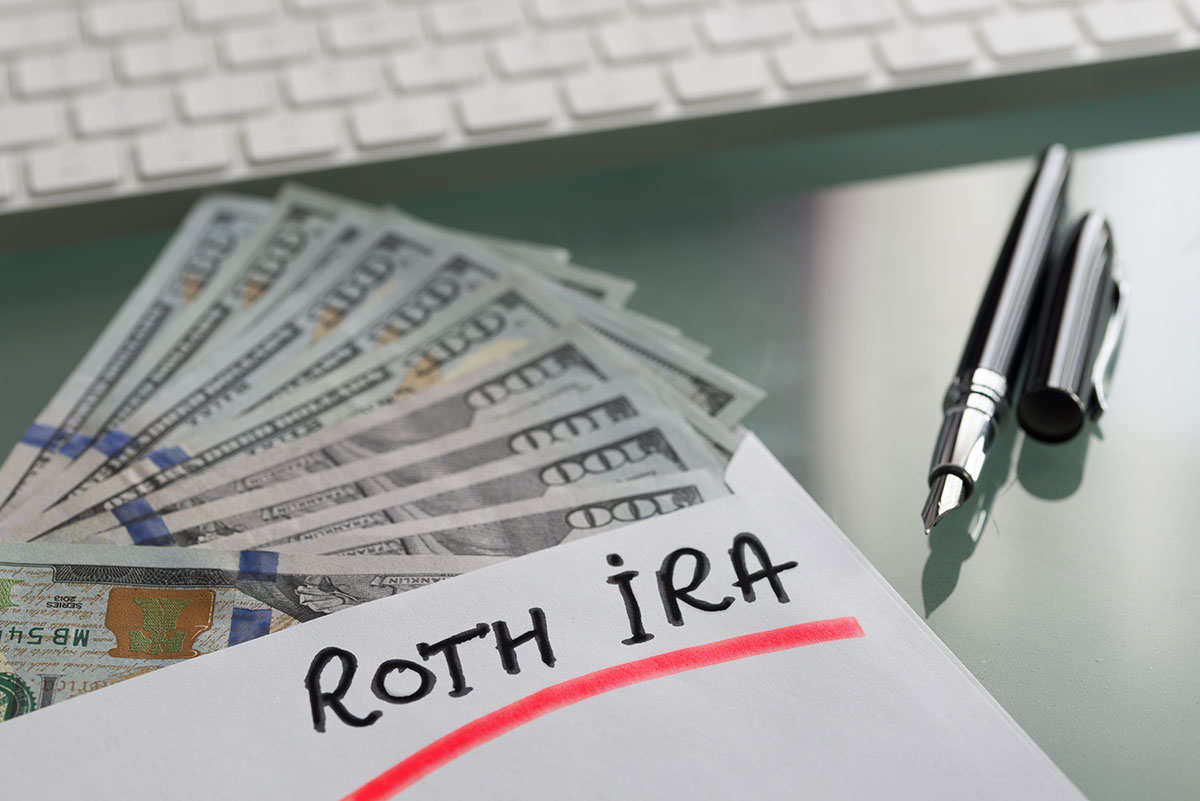Avoid These Estate Planning Mistakes
May 11, 2022
While it's easy to plan out your day or week, doing your estate planning can be far more complicated. Unfortunately, many people put it off as long as possible, or even fail to create any plan whatsoever. If you are beginning your estate planning journey, it is important to avoid common mistakes along the way. Failing to do so can have tremendous consequences, especially regarding the distribution of your assets, the tax impact on your estate, and much more. To ensure everything goes smoothly when the time comes, avoid these estate planning mistakes.
Not Planning for Long-Term Care
While your health may be good at the moment, chances are it won't stay that way as you age. Believe it or not, almost 70% of people over the age of 65 will require some form of long-term care at the end of their life, be it a nursing home, home-health aide, or other type of care. Unfortunately, these don't come cheap. A home-health aide can cost as much as $50,000 annually, while a private room in a nursing home can exceed $100,000 per year. Rather than look the other way and hope for the best, talk with your CPA about purchasing disability and long-term care insurance.
Failing to Update Beneficiaries
When you initially create your estate plan, don't assume it won't need to be changed at some point. In many cases, people you may have named as beneficiaries may move to other states or elsewhere. While it may be no big deal now, failing to update your beneficiaries and their contact information in your estate plan can lead to big problems when you pass away. Should beneficiaries not be able to be located, where your assets go may be determined by the courts, instead of you and your will.
Failing to Consider Estate Tax Liability
If you assume your estate is so small that tax liability won't be an issue, think again. On both the state and federal government levels, revenues are declining at a rapid pace, meaning new taxes may be on the horizon. Along with a wealth tax, talk with your CPA about what impact it will have on your estate should the state and federal government decide to raise income taxes or estate taxes.
Improper Ownership of Assets
Should you and your spouse have property that has been kept separate from one another in terms of legal ownership, this is one area that needs to be addressed when doing your estate planning. This is especially important if you own a business or have retirement accounts, since this can impede the smooth transfer of assets and property upon your death. Also, you may want to think twice before you use the old trick of selling property to your children or other family members for only $1. In the eyes of the IRS, these transactions can create a gift tax liability, forcing you to possibly file a gift tax return.
Forgetting about Income Taxes on Beneficiaries
Along with forgetting about estate tax liability, many people also make the mistake of not considering the impact of income taxes on their beneficiaries. Unfortunately, inherited accounts such as an IRA or 401(k) may be subject to required minimum distributions, known as RMDs. In many instances, these RMDs are taxed as ordinary income and at very high tax rates, which could be a double whammy on your heirs. Rather than let this happen, learn how your CPA can help you convert certain retirement accounts now so that your heirs can avoid an unexpected tax burden later on.
Not Planning for Your Minor Children
Even though you are planning on being around for many decades and expect to be able to raise your kids, the fact is you never know what the future may hold. Therefore, don't make the mistake of failing to have a plan in place for your minor children should the unexpected happen in the years ahead. Along with naming a guardian for your children in your will, also leave money for their care, and make sure you have specific instructions in place for how the money is to be used to care for your children. If you don't and instead leave it to the guardian's discretion as to how the money is used, problems are likely to occur.
Not Maximizing Tax Benefits from Charitable Giving
Like many people, you probably have some charities you would like to leave money to upon your passing. In years past, you could do this as part of your estate planning and reap many tax benefits. However, with the passage of the 2017 Tax Cut and Jobs Act, it is harder to itemize these deductions and reap tax benefits. To come out on top in this area, discuss estate planning and gifting techniques with your CPA, which may include charitable remainder trusts and donor-advised funds.
Failing to Plan for Asset Liquidity
After your death, it will be very important for your family to have access to enough cash to keep things going smoothly during the transition process. Unfortunately, many people who do their estate planning fail to think about asset liquidity. When this happens, it can be hard for families to pay off debts, keep a business operating, and much more. To avoid this problem, discuss how much liquidity your family would need with your CPA, and also learn how having life insurance policies in place can often solve this problem.
Rather than make these mistakes when doing your estate planning and creating unexpected and costly problems for your family during a very difficult time, follow the advice of your CPA and create an estate plan that gives you and your family peace of mind.









